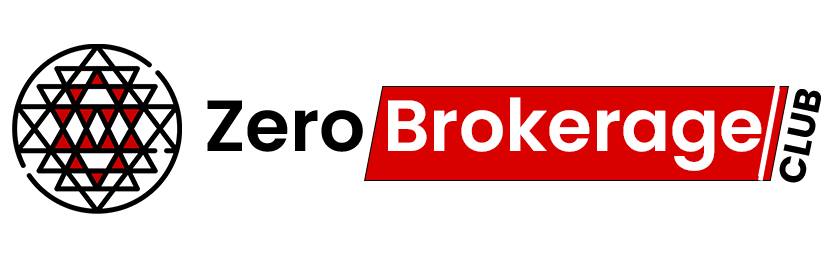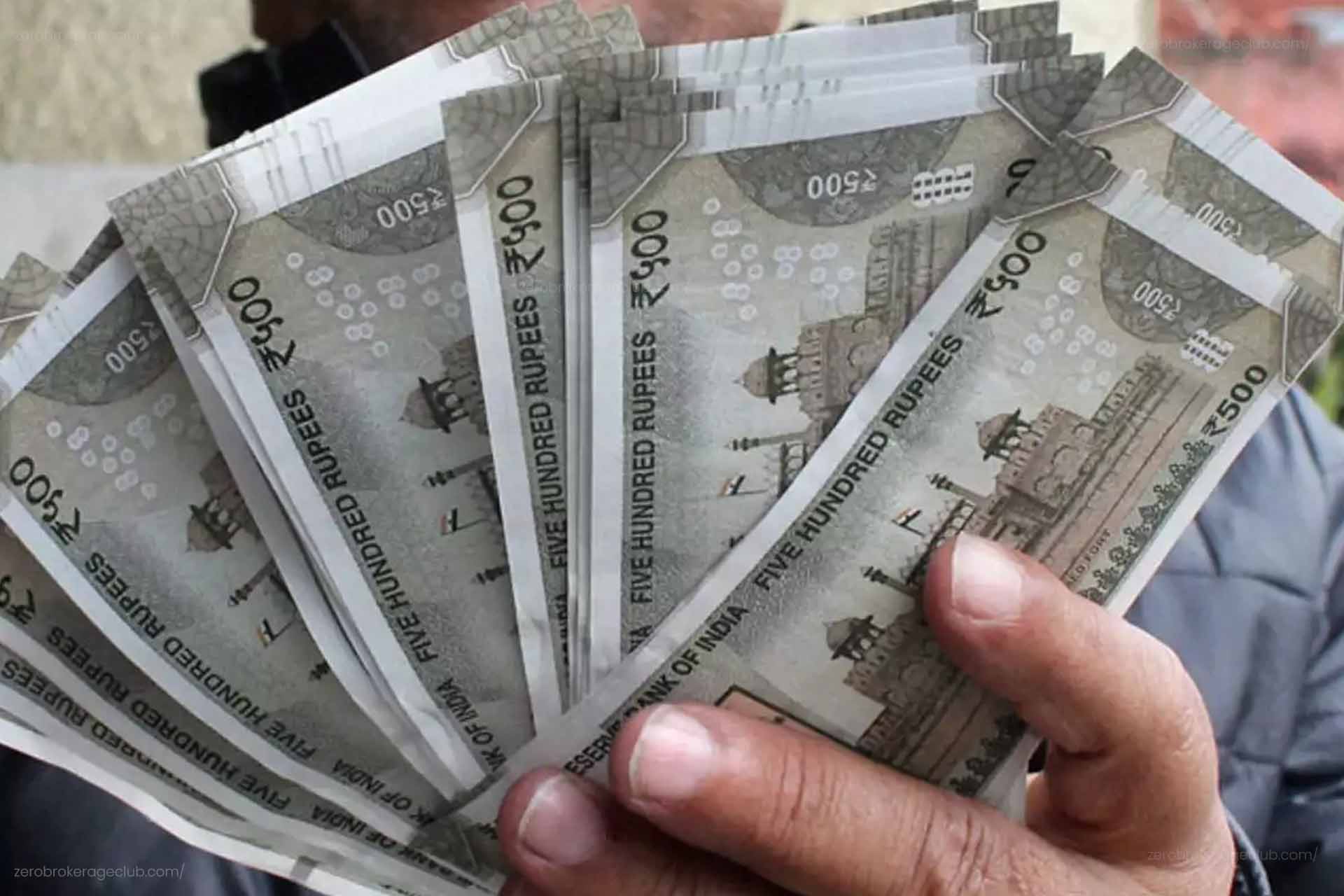For anyone new to the stock market, understanding share prices is key. Share prices can swing from low to high, but some companies’ shares stand out because of their hefty price tags. This article takes you through the top costliest shares in India, revealing what makes these companies a big deal. Whether you’re an experienced investor or just starting, this read offers valuable insights into India’s pricey shares.
In recent years, India’s stock market has grown significantly, with a variety of companies opening up their shares to public investors. These companies span a range of sectors, from tech to finance to consumer goods, with share prices ranging from affordable to extremely expensive. This piece highlights those at the pricier end of the spectrum, exploring their unique characteristics.
Coming up, we’ll discuss the top 10 costliest shares in India. You’ll get a snapshot of each company, their market performance, and what sets them apart. Ready to dive into the world of high-priced shares? Let’s go!
Also Read: Stock Market Basics for Students – A Beginner’s Guide
Decoding India’s Most Expensive Shares
When we talk about India’s most expensive shares, we’re looking at companies with high market capitalization and steep share prices. Market capitalization reflects a company’s total market value and is calculated by multiplying the share price by the number of shares available. High market capitalization usually means the company is a big player in the market, often more stable and less volatile.
A company’s share price gets shaped by market supply and demand. More buyers than sellers? The price goes up. More sellers? It drops. Factors like the company’s financial health, industry trends, economic scenarios, and investor moods can all influence share prices.
Investors often target India’s costliest shares, seeing them as representatives of solid, well-established companies with proven growth and profit records. However, remember, a high share price doesn’t always mean a sure-fire investment. Thorough research and analysis are essential.
Let’s now zoom in on the top 10 costliest shares in India and learn what makes these companies stand out.
India’s Top 10 High-Value Shares
Here’s a list of the 10 most expensive shares in India, not listed in any specific order:
- MRF Limited – India’s leading tire maker, MRF Limited, tops the list with its shares priced around Rs. 80,000. The company’s market cap stands over Rs. 32,000 crores.
- Honeywell Automation India Limited – A key player in automation solutions, Honeywell Automation India’s shares are priced at around Rs. 44,000. Its market cap is over Rs. 30,000 crores.
- Nestle India Limited – Part of the global Nestle group, this famous company in India trades its shares at about Rs. 18,000, with a market cap over Rs. 1.65 lakh crores.
- Bosch Limited – A subsidiary of the global giant Bosch, it provides top-notch automotive and industrial solutions in India. Its shares are valued around Rs. 20,000, with a market cap over Rs. 1.15 lakh crores.
- Page Industries Limited – Known for the Jockey brand in India, Page Industries is a leading name in clothing. Its shares are priced around Rs. 30,000, with a market cap over Rs. 24,000 crores.
- Shree Cement Limited – A major cement manufacturer, Shree Cement’s shares are among the priciest at around Rs. 27,000. Its market cap is over Rs. 1.40 lakh crores.
- Britannia Industries Limited – A top food and beverage company, Britannia Industries trades its shares at around Rs. 4,000, with a market cap over Rs. 1.05 lakh crores.
- Avenue Supermarts Limited – The parent company of DMart, Avenue Supermarts is among India’s fastest-growing companies. Its shares are valued at around Rs. 4,300, with a market cap over Rs. 2.10 lakh crores.
- Eicher Motors Limited – The company behind Royal Enfield bikes, Eicher Motors trades its shares at around Rs. 3,500, with a market cap over Rs. 94,000 crores.
- Pidilite Industries Limited – A leader in adhesives and construction chemicals, Pidilite Industries’ shares stand at around Rs. 2,400. Its market cap is over Rs. 1.35 lakh crores.
These top 10 shares represent a variety of industries and come with their own set of risks. Investors should always do their homework before jumping in.
The Secrets Behind Their Success
Investors are keen on India’s costliest shares because they often belong to market-leading companies with a solid performance history. These companies have grown their businesses and revenues, reaping substantial profits over time, leading to their high share prices.
What sets these companies apart? Their ability to innovate and adapt to market changes. Honeywell Automation India Limited and Bosch Limited, for example, lead in automation and technology by continually developing products that resonate with customer needs.
Another key factor is brand value and reputation. Brands like Nestle India Limited, Britannia Industries Limited, and Page Industries Limited have become household names in India, synonymous with quality and trust.
Some of these companies also have a strong international presence, helping them diversify their revenue streams. MRF Limited and Eicher Motors Limited, for instance, have expanded their reach beyond Indian borders, growing their businesses globally.
Moreover, these companies boast impressive financial performance, with high revenue growth and operating margins. This financial stability is a big draw for investors looking for well-managed, sustainable companies.
Overall, the top 10 costliest shares in India are distinguished by their innovation, brand strength, global presence, and solid financial health, making them leaders in their fields and valuable choices for shareholders.
Navigating the Risks of High-Value Shares
Investing in India’s costliest shares could yield significant returns, but it’s essential to be aware of the risks. Market downturns can affect share prices across the board, even those of well-established companies. Industry-specific challenges and regulatory changes can also impact a company’s performance.
Investors should be on the lookout for corporate governance issues or scandals, which can damage a company’s reputation and share value. This is especially relevant in India, where corporate governance standards can vary.
Additionally, investors need to consider currency fluctuations, particularly for companies with significant international operations. Changes in currency rates can affect a company’s earnings and share prices, adding another layer of complexity to investment decisions.
Investing in India’s costliest shares requires caution and thorough research. Being aware of these risks and challenges is crucial for investors to make informed decisions and potentially reap significant rewards.
Also Read: Top 11 Stock Market Documentaries: Must Watch
Final Thoughts on High-Value Investing
Investing in the top costliest shares in India can be a lucrative opportunity for those willing to research and embrace calculated risks. These shares represent companies that are industry leaders with a history of financial success.
However, it’s important to understand the risks and challenges of investing in the Indian market, including market volatility, sector-specific issues, corporate governance concerns, and currency fluctuations.
By staying informed about market trends and company developments, investors can make educated decisions and potentially enjoy significant rewards from their investments.
Remember, stock market investments always carry some level of risk, and it’s wise to invest only what you can afford to lose and to seek advice from financial advisors. Investing in these high-value shares can be rewarding for those who approach it with the right knowledge and strategy.
Whether you’re a veteran investor or just starting, understanding these costliest shares can help you navigate the complexities of the stock market and make more informed investment decisions. Armed with this knowledge, you can start your journey towards successful investing in India’s high-value shares.





One Comment